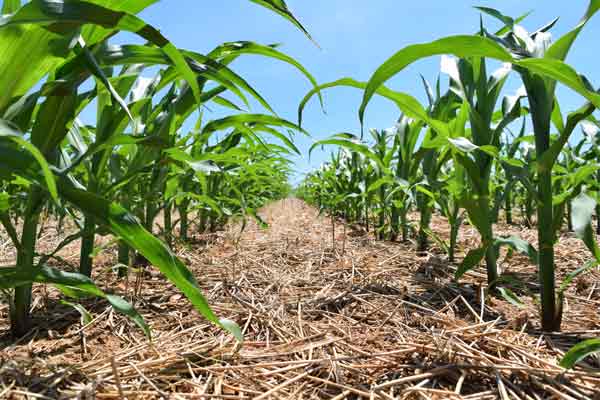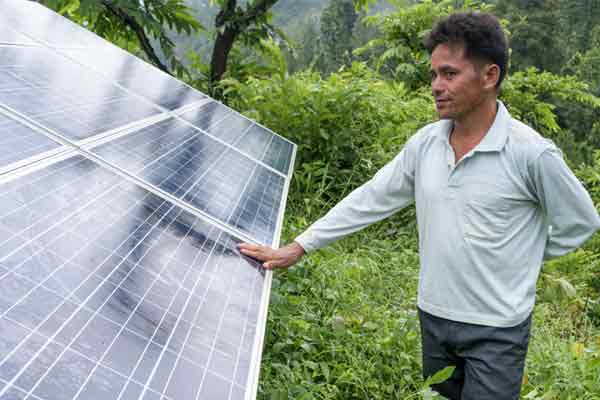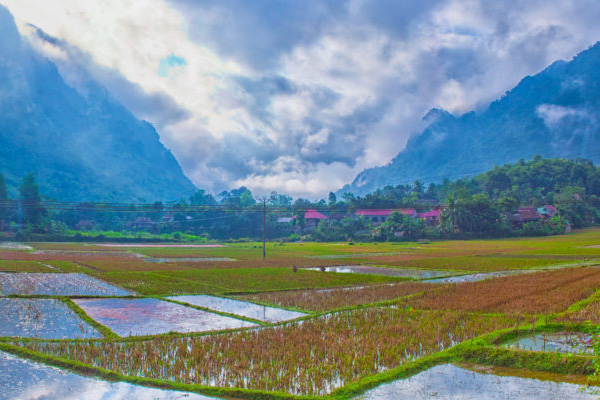August 2017

Former Volunteer Tells All
August 30, 2017
For the last 26 years, Winrock has facilitated more than 5,000 volunteer assignments in 58 countries as part of the USAID John Ogonowski and Doug Bereuter Farmer-to-Farmer (F2F) program – but what does volunteering mean in a development context? Who typically volunteers with Winrock, and what do they do? Jen Snow, Winrock’s associate director of […]
Innovative Pay-For-Performance Program Rewards Farmers For Improving Water Quality
August 29, 2017
Winrock International is pleased to announce the publication of Pay-For-Performance Conservation: A How-To Guide, a free comprehensive guide to implementing and managing Pay-For-Performance (PFP) conservation programs. The guide is based on Winrock’s decade of experience pioneering PFP conservation, including the Milwaukee River Pay-For-Performance Project, which reduced phosphorus losses by as much as 40 percent from […]
Winrock’s American Carbon Registry Has Issued Over 100 Million Tonnes of Carbon Offset Credits
August 23, 2017
SACRAMENTO, CA, August 21, 2017 – The American Carbon Registry (ACR), a non-profit enterprise of Winrock International, is proud to announce it has issued more than 100 million tonnes of carbon offset credits—the equivalent of taking over 21 million cars off the road for a year. Each credit represents a metric tonne of carbon dioxide equivalent greenhouse gas […]
Water from the Sun
August 15, 2017
By Chris Warren From the hillside where Bhim Gurung stands on a sodden August afternoon, water would seem to be the least of his worries. It’s not just that a light drizzle continuously falls on the already glistening trees and grass that surround Gurung’s small village of Taule in the southern province of Surkhet in […]
Sustainable Water Partnership Launches SWPWater.org
August 9, 2017
WASHINGTON, D.C. – August 8, 2017 – SWPWater.org, launched by the USAID Sustainable Water Partnership (SWP), led by Winrock International, will enable greater access to information and resources about global water security. Through the aggregation of water security news and innovations, and the publication of original resources and toolkits, SWPWater.org will foster public-private collaboration across […]
What is Water Security?
August 7, 2017
By Eric Viala, Sustainable Water Partnership Director Water fuels every aspect of life. It’s essential for basic health and hygiene, and it drives society’s most essential industries: agriculture, energy and transportation. Without water security there can be no national security. In fact, water is essential to the stability of every country on the planet. Understanding […]